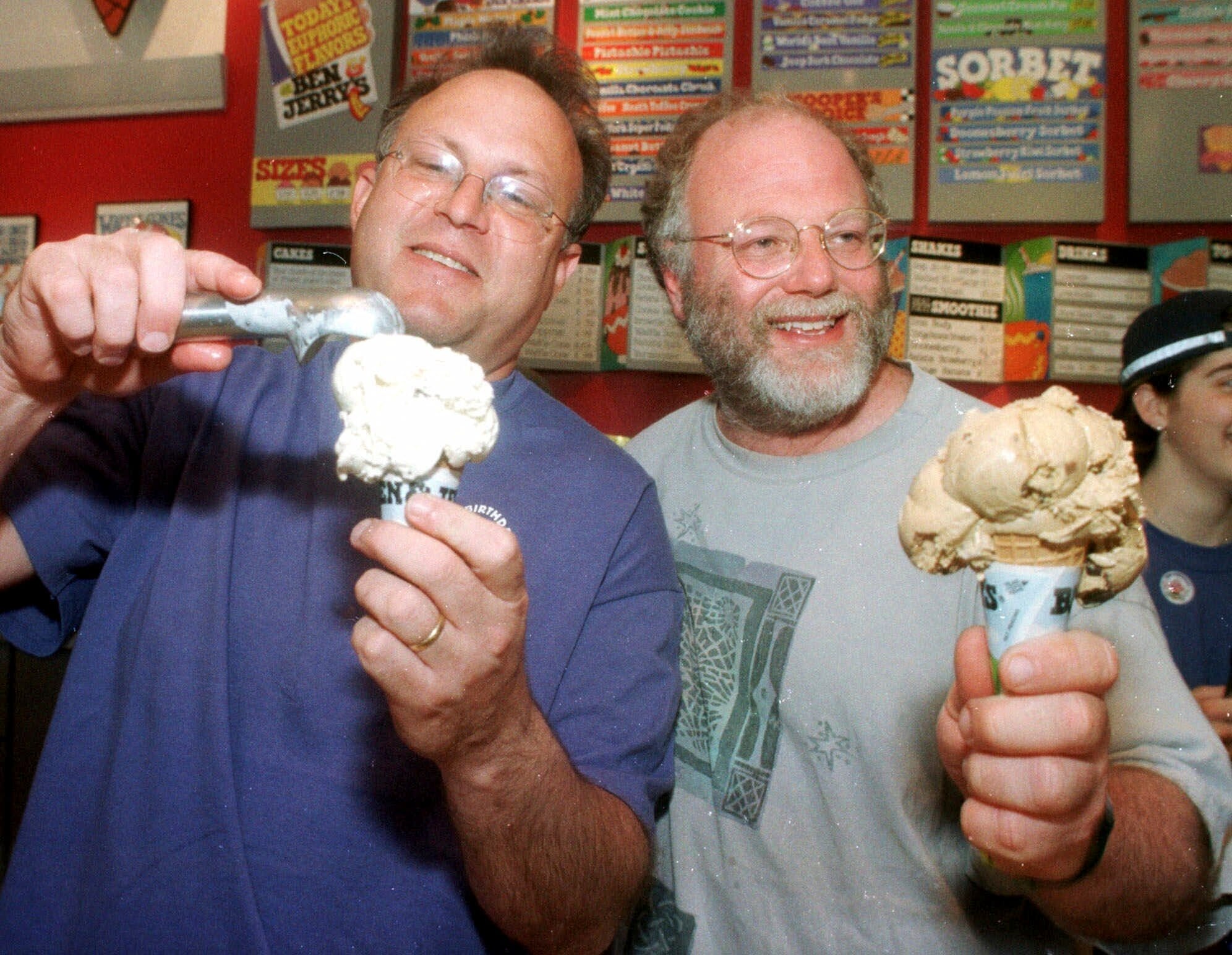By Christopher Rugaber
U.S. businesses sharply reduced hiring last month, suggesting that resurgent COVID-19 infections slowed the economic recovery as many states closed parts of their economies again and consumers remained cautious about spending.
U.S. firms added just 167,000 jobs in July, payroll processor ADP said Wednesday, far below June's gain of 4.3 million and May's increase of 3.3 million. July's limited hiring means the economy still has 13 million fewer jobs than it did in February, according to ADP, before the viral outbreak intensified.
ADP’s figures suggest that the job market's recovery is stalling and will likely fuel concerns that the government’s jobs report, to be released Friday, will show a similar slowdown. Economists expect the government to report that employers added 1.8 million jobs, according to a survey by data provider FactSet. That would typically be considered a huge gain, but in this case it would be somewhat disappointing after hiring reached 4.8 million in June, and 2.7 million in May.
Hiring collapsed among companies of all sizes and in nearly all industries. A category that mostly includes restaurants, bars and hotels added just 38,000 jobs last month, after gaining more than 3 million in May and June combined.
The are other signs the coronavirus surge in July has dealt a setback to the economy and job market: The number of people applying for unemployment benefits has increased for the past two weeks, after falling steadily for three months. Credit and debit card data indicates that consumer spending leveled off last month.
And hiring by small businesses also flattened in July, according to real-time data compiled by Homebase, a company that provides scheduling software to small businesses.












